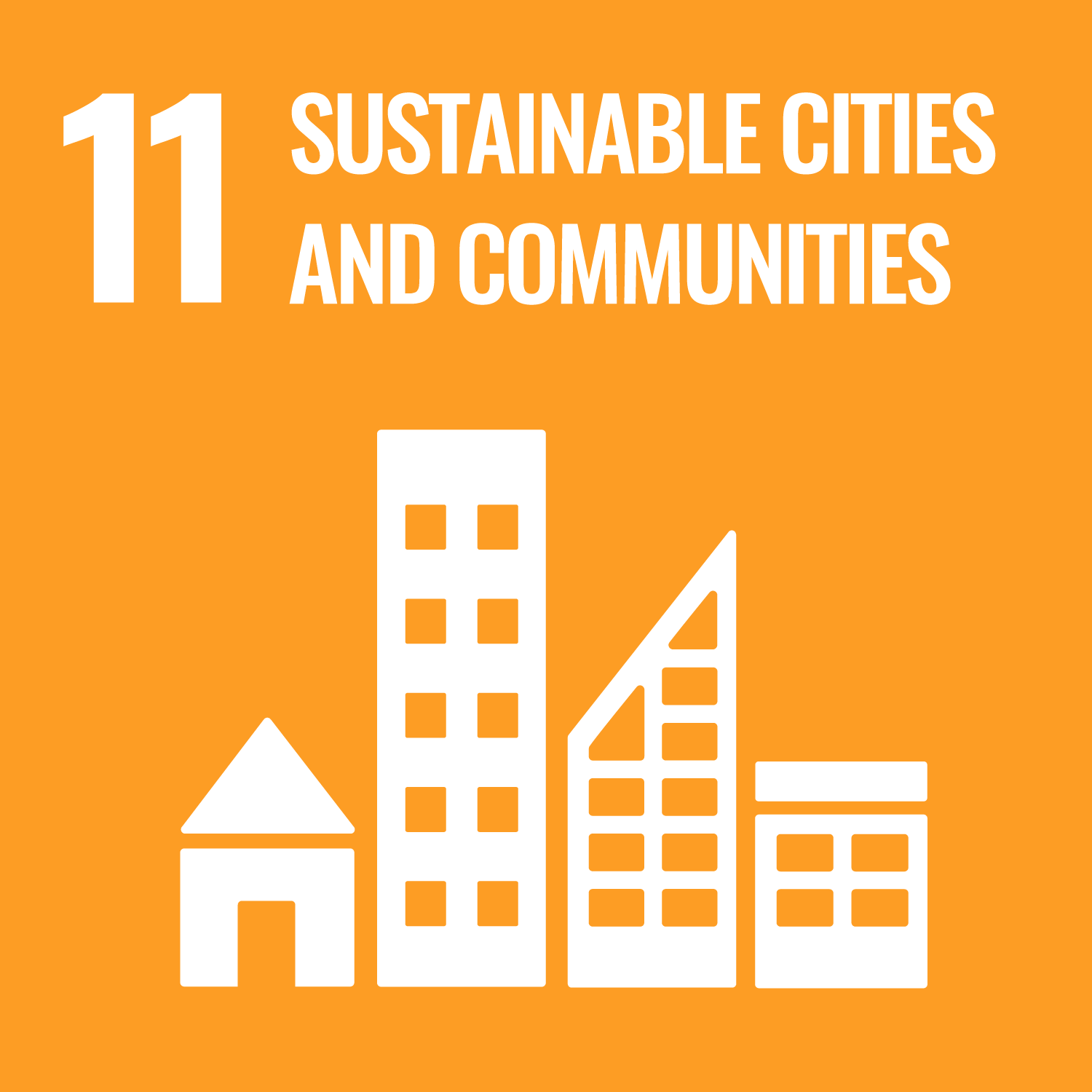ORCID
- Cho Kwong Charlie Lam: 0000-0002-9903-8089
Abstract
Urban residents are exposed to multiple environmental stimuli. Past studies have examined the influence of heat stress on outdoor thermal comfort, but the cross-modal effects of various sensory stimuli on outdoor thermal comfort remain unclear. This study used chi-square tests and logistic regression to examine the cross-modal effects of perceived environmental quality (acoustic, visual and air quality) and psychological status (irritability, perceived tiredness) on outdoor thermal comfort. We conducted thermal walk experiments in Guangzhou, China, in September and October 2022. This panel study consisted of mobile environmental sensors and thermal comfort surveys by fourteen university students on three walking routes, representing urban renewal sites, new urban areas, and urban blue-green spaces. The ‘very bright’ (OR=15.76, p<0.001) and ‘glaring’ groups (OR=4.09, p<0.001) were likelier to feel hotter than the ‘dark’ and ‘not glaring’ groups. People who found the noise level annoying were likelier to feel uncomfortable (OR=1.61, p=0.004). Moreover, people perceiving air quality as ‘very good’ were less likely to find the thermal environment unacceptable (OR=0.27, p=0.035). The irritated (OR=4.18, p<0.001) and tired groups (OR=1.81, p=0.002) were likelier to find the thermal environment intolerable. Our findings highlight the need to consider multisensory comfort and psychological status to inform sustainable urban design.
DOI Link
Publication Date
2024-01-01
Publication Title
Sustainable Cities and Society
Volume
112
ISSN
2210-6707
Acceptance Date
2024-06-05
Deposit Date
2024-10-25
Embargo Period
2025-06-24
Funding
This research was supported by the National Natural Science Foundation of China (No. 41905005), the Innovation Group Project of Southern Marine Science and Engineering Guangdong Laboratory (Zhuhai) (No. 311020001), the World Bank Project \u2018Support Sustainable Cooling Strategy in Guangzhou\u2019 (P173306), Guangdong Enterprise Key Laboratory for Urban Sensing & Monitoring and Early Warning (No. 2020B121202019), and the Science and Technology Foundation of Guangzhou Urban Planning & Design Survey Research Institute (RDP2220202060). This study was approved by the medical ethics committee of the School of Public Health, Sun Yat-sen University \u2013 project number 2018 \u2013 No. 041. The data obtained by the survey in this study were anonymized. Informed consent was obtained from all individual participants in this study. We would also like to thank Dr Hong Ling for providing the portable air quality sensors for our monitoring campaign.
Additional Links
https://doi.org/10.1016/j.scs.2024.105578, https://www.scopus.com/pages/publications/85196723829
Keywords
Acoustic comfort, Multisensory interaction, Outdoor thermal comfort, Perceived air quality, Perceived environmental quality, Urban environment, Visual comfort
Creative Commons License

This work is licensed under a Creative Commons Attribution-NonCommercial-No Derivative Works 4.0 International License.
Recommended Citation
Lam, C., Pan, H., Nie, W., Li, X., Wu, J., Yin, Z., & Han, J. (2024) 'Effects of perceived environmental quality and psychological status on outdoor thermal comfort: a panel study in Southern China', Sustainable Cities and Society, 112. Available at: 10.1016/j.scs.2024.105578


